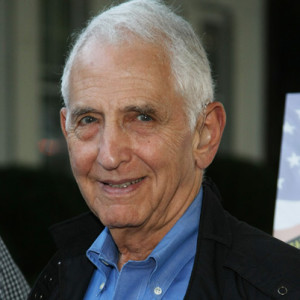
The political theorist Hannah Arendt coined the phrase “banality of evil” to describe her highly controversial thesis that “the great evils in history generally, and the Holocaust in particular, were not executed by fanatics or sociopaths, but by ordinary people who accepted the premises of their state and therefore participated with the view that their actions were normal.” [source: Wikipedia]
Arendt argued that Adolf Eichmann's crimes resulted “not from a wicked or depraved character but from sheer ‘thoughtlessness': he was simply an ambitious bureaucrat who failed to reflect on the enormity of what he was doing. His role in the mass extermination of Jews epitomized ‘the fearsome, word-and-thought-defying banality of evil' that had spread across Europe at the time. Arendt's refusal to recognize Eichmann as “inwardly” evil prompted fierce denunciations from both Jewish and non-Jewish intellectuals. Her argument, which has been criticized by many, came out of her coverage of the trial of Adolf Eichmann in 1961 for the New Yorker.” [source: Encyclopaedia Britannica]
Whether or not you accept Arendt’s thesis in regard to the perpetration of the Holocaust, it is impossible to deny the thoughtless, faceless, bureaucratic banality implicit in the briefing slides below support her thesis. These official briefing slides, leaked from the Snowden Archive and analyzed by Glen Greenwald, clearly describe in antiseptic, logically-disconnected, powerpoint detail how the employees of NSA and its cohorts plan to use cyber operations as a covert means to coerce the American people, as well as foreigners, into accepting the totalitarian premises of the emerging American State.
Continue reading “Chuck Spinney: How the Secret World Destroys Reputations – The Banality of Evil”





